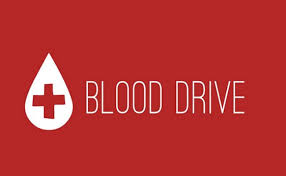The Blood Supply During Covid-19

January 29, 2021
Due to Covid 19, the blood supply in the United States is severely low. This is concerning for people who are currently in the hospital, including victims of trauma, new mothers and infants, cancer patients, and anyone undergoing major surgery.
Every two seconds, blood is required for a transfusion. It is not uncommon for an accident victim to use up to 100 units of blood. According to data from the American Red Cross, type O positive is highly sought after, but O negative is universal; anyone can receive it. It’s necessary to have O negative blood on hand because if a victim of trauma comes into the ER and needs surgery immediately, doctors and paramedics may not have access to his or her blood type. On average, 36,000 units of blood are used daily in the United States, and healthy donors are always wanted to prevent shortages.
With the onset of Covid, harvesting blood has become more complex. In March alone, 5,000 blood drives that would have added up to 170,000 units, were canceled. By April, 15,000 drives across the U.S. were moved, and 500,000 units of potentially life-saving blood were lost. Hospitals are trying to manage their current supply carefully, but donations are essential. Even fewer people meet the requirements to donate because a new policy states that anyone testing positive for Covid-19 or in contact with someone who has tested positive will have to wait two weeks before going to a blood donation center.
Millions of blood units are needed for patients to survive. One pint of donated blood could be used to save as many as three lives. It has always been important for healthy individuals to donate, but now it’s vital. If you are healthy, you are most likely eligible to donate. Blood is high in demand for rescheduled surgeries that were supposed to happen during the months of isolation. Blood donation centers are open and taking every precaution to be safe amidst the pandemic. If you are healthy, donating is a great thing to do to help your community during these uncertain times.

